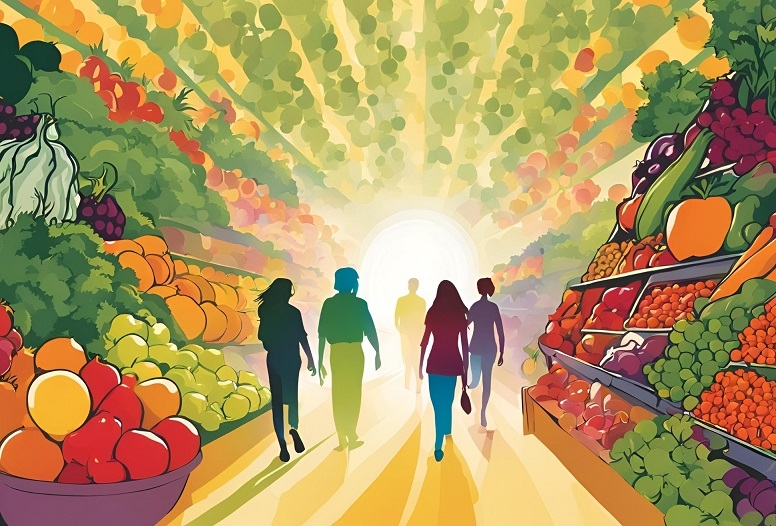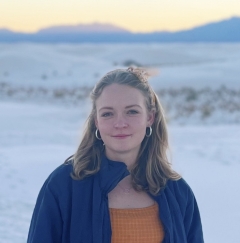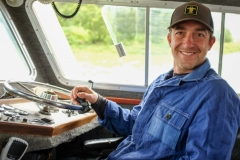Field Work: Institute Grad Contributes to Ocean Climate Action Report
| by Caitlin Fillmore
As a student, Elle Bent interviewed leading experts and conducted research to contribute to an annual progress report on the Biden Administration’s ocean climate initiatives.




